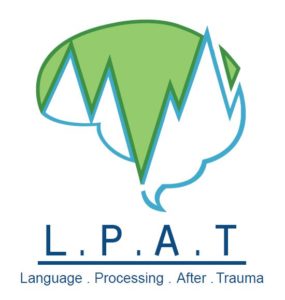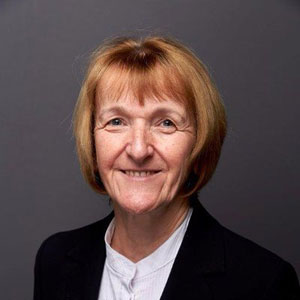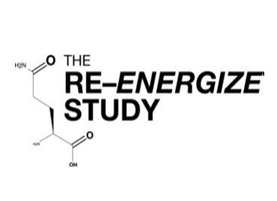
NIHR SRMRC Supported PhDs – Conor Bentley and Callum Watson achieve viva success!


Two PhD students supported by the NIHR Surgical Reconstruction and Microbiology Research Centre (SRMRC) achieved viva voce success in December 2020.
Here’s what they have to say in their own words………..
Conor Bentley under supervision of Professors Janet Lord and Carolyn Greig & Col Mark Foster, Leads from the NIHR SRMRC
My PhD was focused upon the endocrine and nutritional response to traumatic injury. With the help of the NIHR SRMRC, we were able to undertake three projects to aid patient benefit. By utilising the Golden Hour Study, we looked at the sex-steroid levels in the blood from male trauma patients within one-hour post-injury, up until 72 hours of their hospital stay. The research nurses and lab staff of the SRMRC were central to the 24/7 nature of sample and data collection. The results show that changes in many sex-steroids occur rapidly. Levels of Dehydroepiandrosterone (DHEA) and its stored form Dehydroepiandrosterone Sulfate (DHEAS) were altered during this important time.
DHEA and DHEAS have previously been shown to be low in trauma patients for many weeks and months after injury. We, therefore, decided that we would supplement trauma patients with DHEA. However, there are no trauma studies suggesting the dose that is needed nor the route that clinical staff will need to utilise to administer the DHEA. A unique study was designed so that patients would not receive an ineffective dose nor be disturbed for a blood or urine sample. Again, research nursing staff have been central to the protocol development, patient enrollment, consenting and recruitment, and the data and sample collection needed for such a complex piece of work.
Additionally, the lab staff have been available seven days per week to process, store and analyse samples. This project is currently ongoing and will hopefully provide answers later this year. These results will yield information to future trauma studies that may enhance the patients’ recovery.
Such projects need immense dedication and commitment. Patients subjected to traumatic injury do not necessarily arrive between the hours of 9-5! However, I know that such work will aid the recovery of trauma patients in the future – which is a great feeling.
Callum Watson under the supervision of Professor Tony Belli (Director of the NIHR SRMRC) and Dr Valentina Di Pietro
My PhD looked into whether concussion could be monitored using microRNAs as biomarkers in saliva and urine, and whether these molecules could highlight individuals at risk of neurodegenerative disease. The NIHR SRMRC enabled the research to take place thanks to their financial support.
I have taken a new role as a Field Application Specialist for PrimerDesign, which the qPCR skills I gained from my PhD were integral. I will see where this takes me.
“Hard work but a thoroughly enjoyable and rewarding experience overall.”





